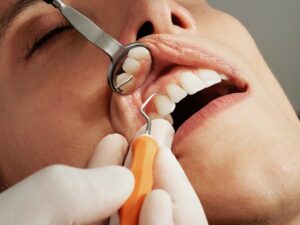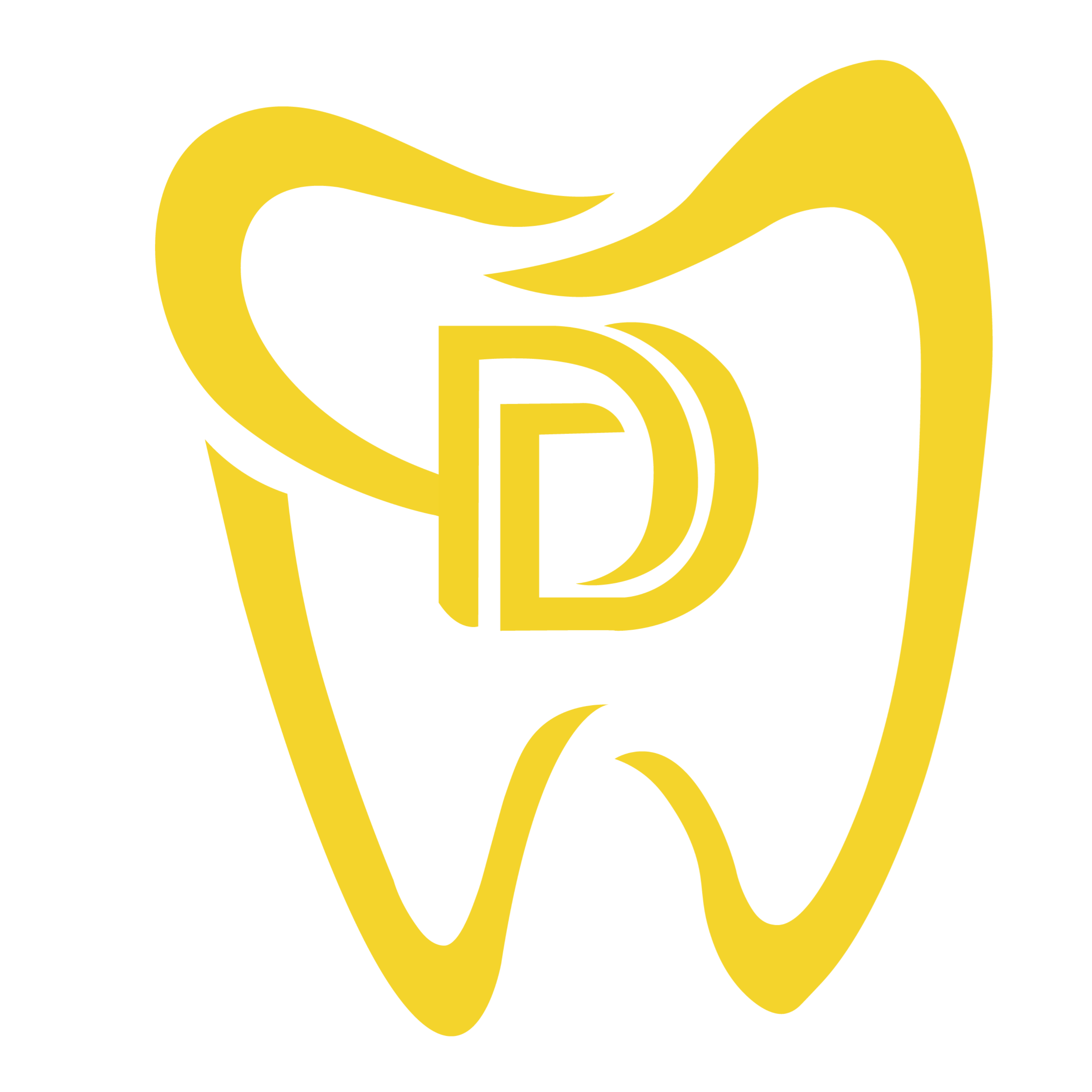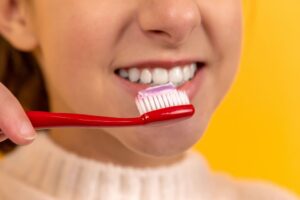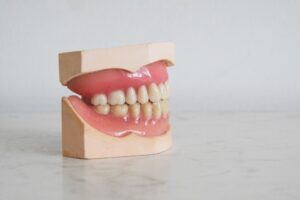MYTHS ABOUT TEETH SCALING
Teeth scaling is a Dental procedure in which plaque or tartar formed or deposited on the tooth surface or around the tooth are removed or scrapped off.
Gum problem is the most common complaint of an individual. While eating, food is traped around the tooth or teeth. When brushing is not done properly the accumulated or traped food debries combines with various bacteria in the mouth and leads to formation of thin soft, sticky layer on the tooth surface which is known as Plaque or Biofilm. This biofilm creates a favourable environment for various bacteria and also protect the bacteria and their product from our saliva.
When plaque is not cleared, It gets hardened or calcified over a period of time and turned into white chalky like structure over and around the tooth. This chalky like structure is known as tartar or calculus. When this plaque and tartar left over and ignored, it affects the gum, periodontium and underlying bone which eventually leads to infected gums and its inflammation. In common terms this condition is known as pyorrhea. At this stage the most common complain will be bleeding gums and bad smell from mouth.
Now, over a period of time gums start receding or will pull away from your teeth which leads to formation of space between gums and teeth. This space is which is known as periodontal pocket. Formation of Tartar into these pockets cannot be removed with regular brushing and cause bone loss which finally leads to loss of tooth.
If these are caught early, teeth scaling can restore your oral health. Scaling and polishing helps in removal of plaque and Tartar from underlying gums and around the teeth and helps your teeth last a long period of time.
FEW MYTHS ABOUT TEETH SCALING
1) Scaling will damage my tooth surface
Most popular myth in our society that scaling will damage our tooth surface but the concept of scaling damages the tooth surface or enamel is not true. Teeth scaling is the procedure that removes the calculus deposition and stain around the tooth structure and surrounding gums. The instrument is used for removal of these calculus and stains its ultrasonic scalar.
Ultrasonic scalar is a device that breaks down the calculus or removes the calculus and scrape of the stains and depositions by mean of Mechanical vibration of the scaling tip which are blunt along with continuous irrigation with water. This ultrasonic device is capable of removing calculus and stains from sub gingival area, periodontal pockets and inter dental space.
Scaling if done after proper diagnosis using correct method is the best way to give your gums a healthy long life.
2) Scaling makes tooth mobile
There are various reason for the movement of tooth such as periodontal disease, trauma and old age. The movement of the teeth can be physiological or pathological, temporary or permanent.
Years of neglected hygiene where damaged to the supporting structure of the teeth already been done and is irreperable . In such cases the bone and supporting a structure of the teeth have receded and the only thing keeping the teeth in place is big block of calculus filling with multiple bacteria. When we remove debries and calculus from the tooth surface or around the tooth the teeth begins to move.
Regular dental check-ups and scaling after every 6 month can help in preventing periodontitis. Scaling itself does not cause teeth to move.
3) Scaling creates gap between the teeth

As we discussed earlier scaling is just removal of deposited calculus on the teeth. Due to deposition of calculus gingival recession occurs. Again the gap formed between the gingiva and the calculus is filled by food debries and letter on calcified and this cycle continues. So when scaling is done these gaps are noticeable to you.
4) Scaling makes the teeth sensitive
As we discussed above, after removal of these calculus gap between the tooth and gum, where hididen by this calculus are now exposed and some part of the tooth root are exposed to oral environment and these exposed tooth surface causes sensitivity.



